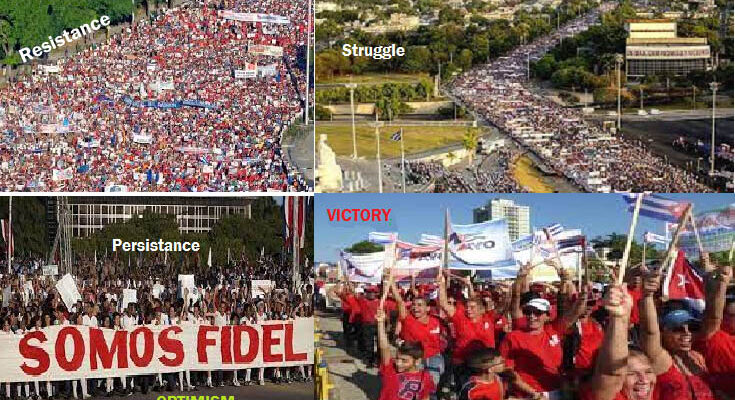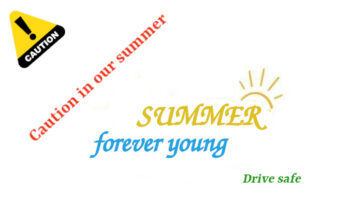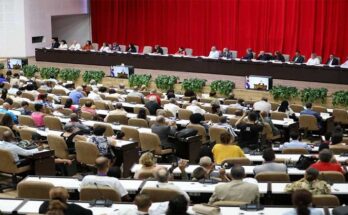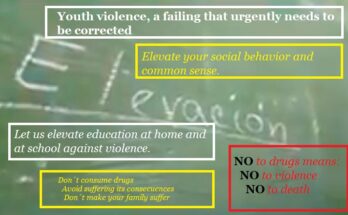The Cuban people have gone through different moments of shortcomings, vicissitudes, crisis, and setbacks along their history. First the Spanish colonialism, then the US domination upon the governments of the island enabling the control of the economy.
Narciso Lopez organized several expeditions between 1841 and 1851 which failed. His intention was to seize the island and defeat the Spanish colonialism, but he did not succeed.
During the Ten-Year War (1868-1878) was fought against not only Spanish soldiers, but also against diseases, starvation, lack of war supplies and medicine, but that situation did not stop the Cuban mambises from continuing the struggle for the island liberation.
The sad setback of that war was the Pact of Zanjon in February, 1878, when some rebel leaders came to an agreement with the Spanish authorities to stop the war for an allegedly free nation. However, that deceiving action was corrected by Antonio Maceo in his historic Protest of Baragua, when he declared the war continuation to Arsenio Martinez Campo, General Captain governor of Cuba.
Soon after this protest, most of the mambi leaders went abroad to escape from persecution and to organize the following independence war. Jose Marti, the principal organizer of the necessary war was able to get enough financial resources to send an expedition (the Fernandina Plan), which also failed at its very beginning, but Cubans did not stop.
Jose Marti gave the order of an armed uprising on the 24th of February, 1895 and the main leaders (Antonio Maceo and Maximo Gomez and Marti himself) came to Cuba in April to keep the war.
Marti was killed in combat in May, but the rest went on. Antonio Maceo and Maximo Gomez took the war to the western Cuba, but the former was killed in December, 1896. But the war kept on, until in 1898 the American army intervened in the war and the pretext of helping Cubans overthrow the Spanish colonialism. Again, independence project ¨went down the drain¨, since what they actually did was to get hold and control the economic, social and political life of the island.
But the revolutionary fighters did not stop. Julio Antonio Mella and Carlos Baliño founded the Communist Party in 1925 to struggle against the puppet governments. Ruben Martinez Villena organized strikes and the struggle against Gerardo Machado`s dictatorship.
Finally those attempts to bring to power a revolutionary government in the 20´s, 30`s and 40`s failed. There came the university students` movement in Havana, which repression did not stop. After Fulgencio Batista`s coup d’état, the young Fidel Castro led the attack to Moncada Garrison in Santiago de Cuba on July 26, 1953. The action failed militarily, but morally had its positive impact on the national political awareness.
Many of Fidel`s followers in the attack died, some were taken to prison, Fidel among them. Due to popular pressure they were freed and they went to Mexico, organized the Granma Expedition under Fidel`s leadership.
They came through a dangerous storm during the voyage. They were discovered soon after they disembarked on December 2, 1956. Most of them were killed in Alegria de Pio Combat, only 12 got together days later. Then Fidel said: ¨We are enough to win the war.¨
They did not stop. They were joined by some many people, so Fidel was able to make up the Ejército Rebelde liberation army (liberation army) which won the war on January 1st, 1959.
After the Cuban Revolution came to power, the US government imposed an economic and financial blockade which has come to the present, and which has increasingly tightened the besiege with extreme measures intended to asphyxiate the Cuban people. We have not stopped to fight to keep our freedom and independence, though.
Socialism collapsed in the former Soviet Union and the Eastern Europe and Cuba experience the so-called Special Period (deepest economic crisis until then). We went on, and here we are.
Donald Trump, after being elected president of the USA, worsened the economic blockade by activating 243 measures to keep the imperialism ¨dream¨ of wiping out the Cuban Revolution.
Today, under the deepest crisis ever lived after 1959, we are fighting against corruption, distortions at the time the Cuban striving to implement social and economic projects, plans and programs to overcome or at least diminish shortcomings and to increasingly satisfy population´s needs. We will succeed!




